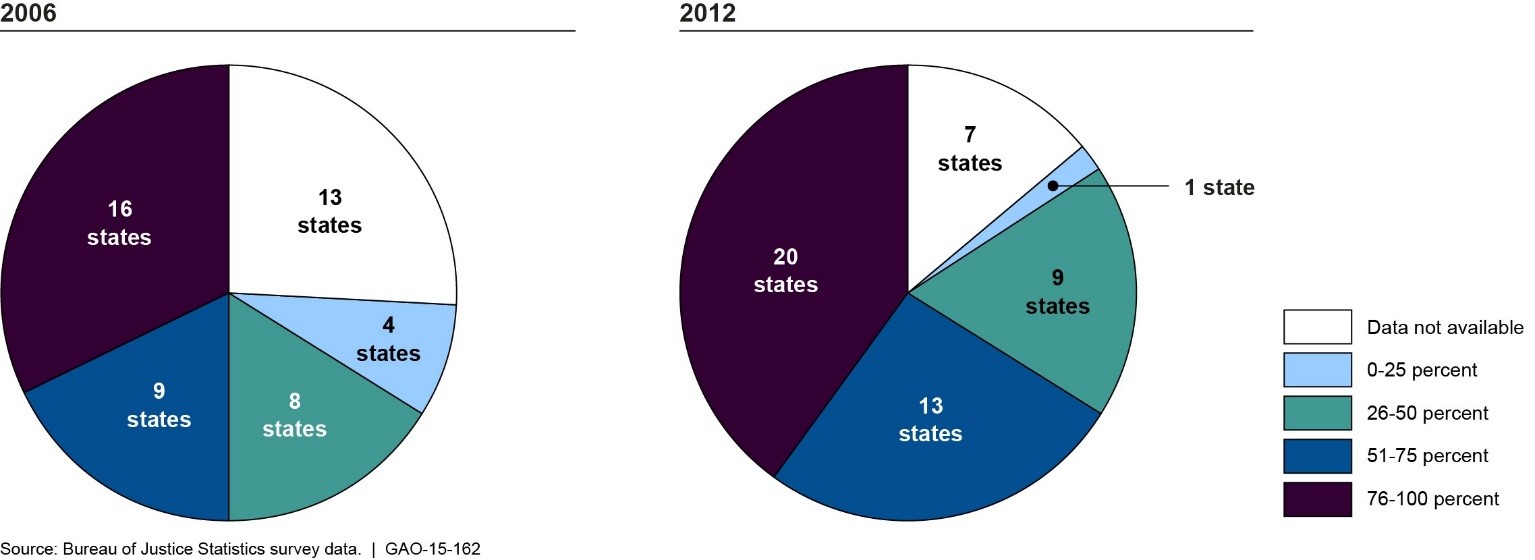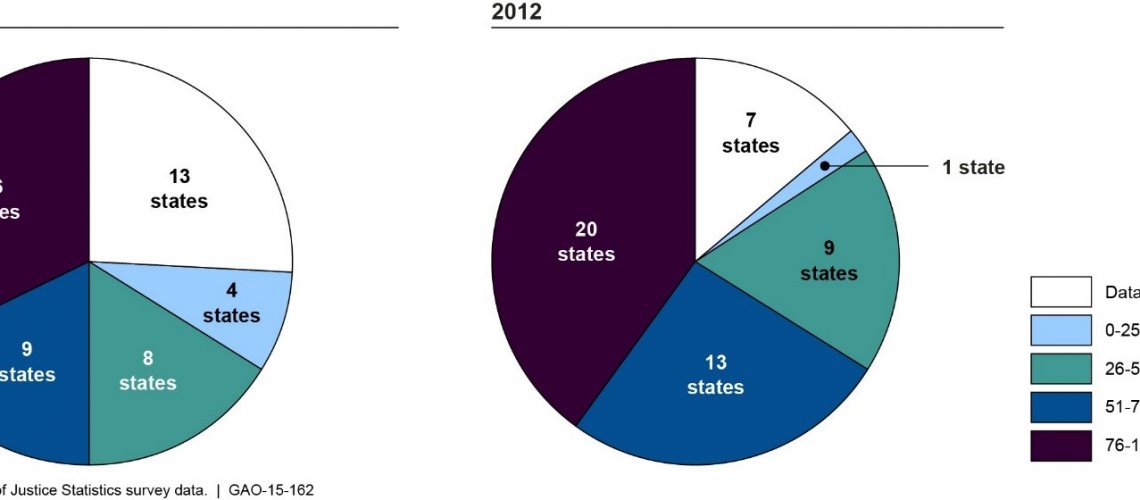In February 2015 the General Accounting Office (GAO) released a report listing additional actions to enhance the completeness of FBI criminal records.
Many people have been arrested, fingerprinted, and photographed. Think about it, anyone can get arrested for almost anything. Perhaps charges were never filed. If charges were never filed, an unsuspecting person may think their problems are over. However, in many instances, the nightmare just begins. This is especially true if that same person is the subject of an FBI fingerprint check.
Many think FBI criminal history records are the gold standard in finding criminal convictions in a person’s background. On the contrary! These records are filled with incomplete information. What do I mean by incomplete information? Routinely, these records do not contain dispositions. The police are great at getting fingerprint records upon the arrest. However, what isn’t included in the record is the ultimate disposition. Why is that important? An arrest is not necessarily an indication that criminal behavior occurred. Thus, the EEOC states that using arrests to make hiring decisions is unacceptable in most situations.
The GAO report corroborated a similar report issued by the National Employment and Law Project (NELP) in July 2013. The NELP report stated that almost 50% of records in the FBI database are inaccurate. The records were inaccurate in the sense that there is no indication of the disposition of the action taken against the individual. The GAO report tries, in my opinion, to portray an improving situation on the part of states to provide dispositions. However, the results are still pretty scary. The chart below reveals that only twenty states are reporting greater than 75%. Seven states have no data available on reporting dispositions and ten states have less than 50% rate of reporting dispositions.
The bottom line is that if you are an organization using FBI criminal records you need to be very careful. It cannot assumed that just because an individual has a record in the system they are guilty of a crime. If the record you receive has no disposition, you should consider confirming the existence of a criminal conviction in the applicable local jurisdiction.
– Mark Harmon



